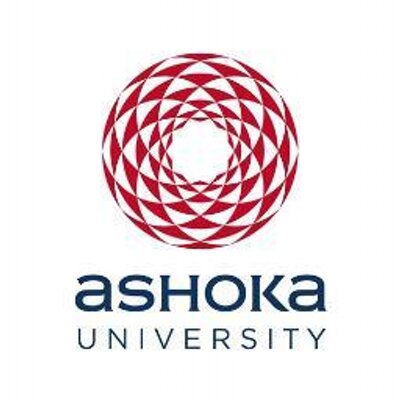Ashoka University’s Security Crackdown Ignites Student Backlash
Students at Ashoka University are pushing back against new security protocols they deem excessive and intrusive. With protests intensifying and over 1,100 signatures on a petition, the debate over campus safety versus student rights continues to escalate.

- Country:
- India
Ashoka University’s security measures have sparked widespread student protests, with many arguing that the policies are overly intrusive. The administration recently introduced mandatory vehicle checks, a ban on carrying cigarettes and alcohol, pocket searches, and restrictions on student movement to Gate 2. Announced in a January 13 email from the Vice President of Operations, these changes have drawn strong criticism for being implemented without prior student consultation.
The Ashoka University Student Government (AUSG) has condemned the measures, calling them excessive and demanding their rollback. Within hours, a petition opposing the policies gained over 1,100 signatures, including support from faculty members. Students insist that while campus safety is important, these measures create an atmosphere of surveillance rather than protection.
In response, the university defended its decision, stating, "The measures of screening baggage and belongings at Ashoka University Campus are aimed at enhancing the safety and welfare of our students. These steps were implemented in consultation with Faculty, Staff representatives, and the Student Government." However, many students argue that their voices were ignored, escalating tensions further. Faculty members have also expressed concerns that such policies could damage trust between students and the administration.
The controversy highlights a broader debate on how universities balance security with student rights. Experts emphasize the need for transparency and student participation in policymaking to foster an inclusive academic environment. As protests continue, students demand either a rollback of the measures or a meaningful dialogue with the administration. Whether the university modifies its stance or maintains these policies remains uncertain, but the situation could influence how Indian universities handle security and student governance in the future.
(With inputs from agencies.)
ALSO READ
No-Confidence Motion Defeated Amid Chaos in Haryana Assembly
Haryana Government Survives No-Confidence Motion
Haryana's Political Showdown: Congress Fights BJP with No-Confidence Motion
Pandemonium Erupts in Haryana Assembly Over Vande Mataram Debate
Fiery Debate Erupts in Haryana Assembly Over 'Vande Mataram'










